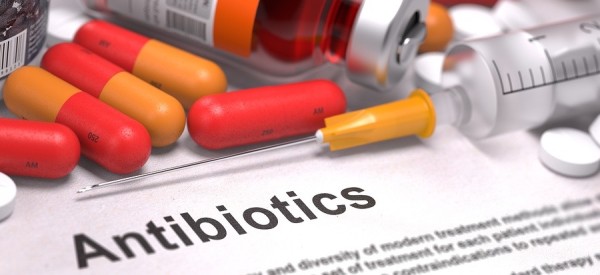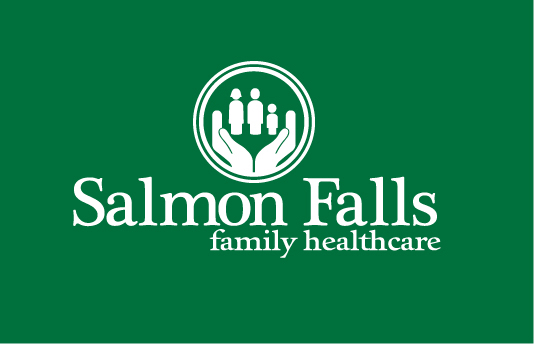The Dangers of Antibiotic Overuse
During cold and flu season, it is not uncommon for people to schedule doctor’s appointments in hopes of procuring antibiotics at the first sign of sickness. What they may not be aware of is that not every sore throat or stuffy nose can be cured by antibiotics, and taking them when it’s not absolutely necessary can have negative and possibly dangerous consequences.
When Antibiotics DON’T Help:
Antibiotics don’t fight infections caused by viruses. Viruses cause colds, the flu, some ear infections, and most sore throats, bronchitis, coughs and sinus infections. If an illness is caused by a virus, a doctor can recommend steps to take to relieve symptoms until the virus goes away on its own, usually within a couple of weeks.
When Antibiotics DO Help:
Bacterial infections, such as strep throat, some ear infections, urinary tract infections and some sinus infections can be treated with antibiotics. A doctor can help determine whether the illness is caused by bacteria or a virus, and if it’s bacterial, can then prescribe the appropriate kind of antibiotic.
Possible Risks of Taking Antibiotics:
- Side effects such as diarrhea and yeast infections resulting from the antibiotics killing good bacteria in the body
- Serious allergic reaction
- Causing an antibiotic-resistant infection, which requires more intense treatment
Antibiotic-Resistant Bacteria:
Overusing antibiotics or taking them inappropriately not only affects the person taking them, but also society as a whole. Relying heavily on antibiotics over the years has caused bacteria to develop a resistance to them as they evolve, making treatment of illnesses more challenging.
Antibiotic resistance is a very serious threat all over the world. In the US, over 2 million people become infected with antibiotic-resistant bacteria, and at least 23,000 of those people die from the infections.1
How Bacteria Become Resistant:
Exposure to antibiotics over time ‘teaches’ bacteria how to outsmart them. Once they are resistant, they can spread and cause more severe infection, and can also spread their resistance with other types of bacteria by sharing genetic information.
What Can You Do?:
- Do not demand antibiotics from your health care provider if he/she advises against them for your specific illness.
- Do not take someone else’s antibiotics, as they were not prescribed for you or for your specific infection.
- When taking antibiotics, follow directions, do not skip a dose, and be sure to take them for the entire duration prescribed.
- Get vaccinated against drug-resistant bacteria.
- Prevent the spread of disease by washing your hands often and by cooking meat and poultry fully.
Next time you feel a cough coming on or begin to sniffle, think twice before assuming you need antibiotics. For more information, check out this helpful information from the Centers for Disease Control and Prevention, and talk to your health care provider.
1. Centers for Disease Control and Prevention http://www.cdc.gov/features/antibioticresistancethreats/











